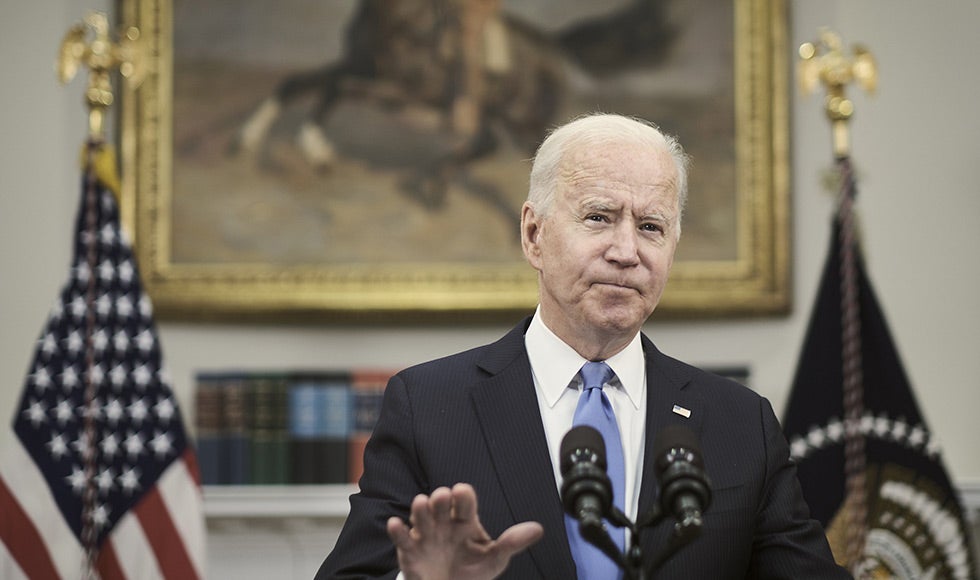On April 28, the Biden administration led 60 countries in the signing of a “Declaration for the Future of the internet.”
Its stated goal of advancing a positive vision for the internet in the 21st century, one grounded in the democratic values of openness, inclusion and human rights, is one well worth pursuing and should be commended. However, the absence of a public process to develop the declaration represents a missed opportunity for US leadership and raises credibility questions for the Biden administration.
For close to 25 years, the United States was at the forefront of international technology policymaking. Leading a series of groundbreaking achievements in collaborative policymaking, the United States brought together nations, the private sector, civil society and average citizens to foster the innovation and economic growth of today’s global digital economy. These efforts, including a series of internet policy principles and declarations, culminated in the multistakeholder approach to internet governance in which open and transparent engagement with all stakeholders is the norm.
Some of this important collaborative and inclusive work continues today. At the United Nations, Secretary-General Antonio Guterres is calling for Global Digital Cooperation among nations and convening the 17th edition of the global Internet Governance Forum, preparations are underway for the UN World Summit on the Information Society and the work of the International Telecommunication Union’s Development Bureau is engaging internet users to help build connectivity for all to the internet of tomorrow.
Unfortunately, for all of the multistakeholder model’s successes, it continues to be attacked by bureaucracies attempt on holding on to antiquated notions of central governance. One need look no further than the European Union’s recent adoption of sweeping digital rules to see this type of retrograde internet policy. Through an insular and closed process, bureaucrats in Brussels adopted laws designed to impose their values on the whole of the internet.
Such a brazen attempt by Europe to impose its will on US internet users should gall even the most ardent American Europhile. It should give our nation a reason to double down on the transparency, cooperation and bottom-up policymaking that have been the hallmark of the internet’s success.
Instead, the Biden administration eschewed transparency and engagement, adopting the same closed, governments-only process that the EU employed. The declaration claims to stand for a commitment to ensuring democratic principles online, but the lack of transparency and engagement used throughout its development proclaims the opposite. Perhaps more troublingly, as the United States has seen fit to cut out the public and create policy behind closed doors, authoritarian regimes will feel empowered to follow suit.
Only time will tell if last week’s event was an actual inflection point in the history of governance of the internet or just a single errant data point. Governing in the open is a difficult, messy process. Allowing all voices to be heard and driving towards consensus is hard work, work that requires a principled approach.
For the future of the internet, let’s hope this closed-door chapter of internet governance is an aberration.
Fiona M. Alexander is a distinguished fellow at American University’s Internet Governance Lab. David J. Redl is a Senior Fellow at the Silicon Flatirons Center at the University of Colorado, Boulder.
